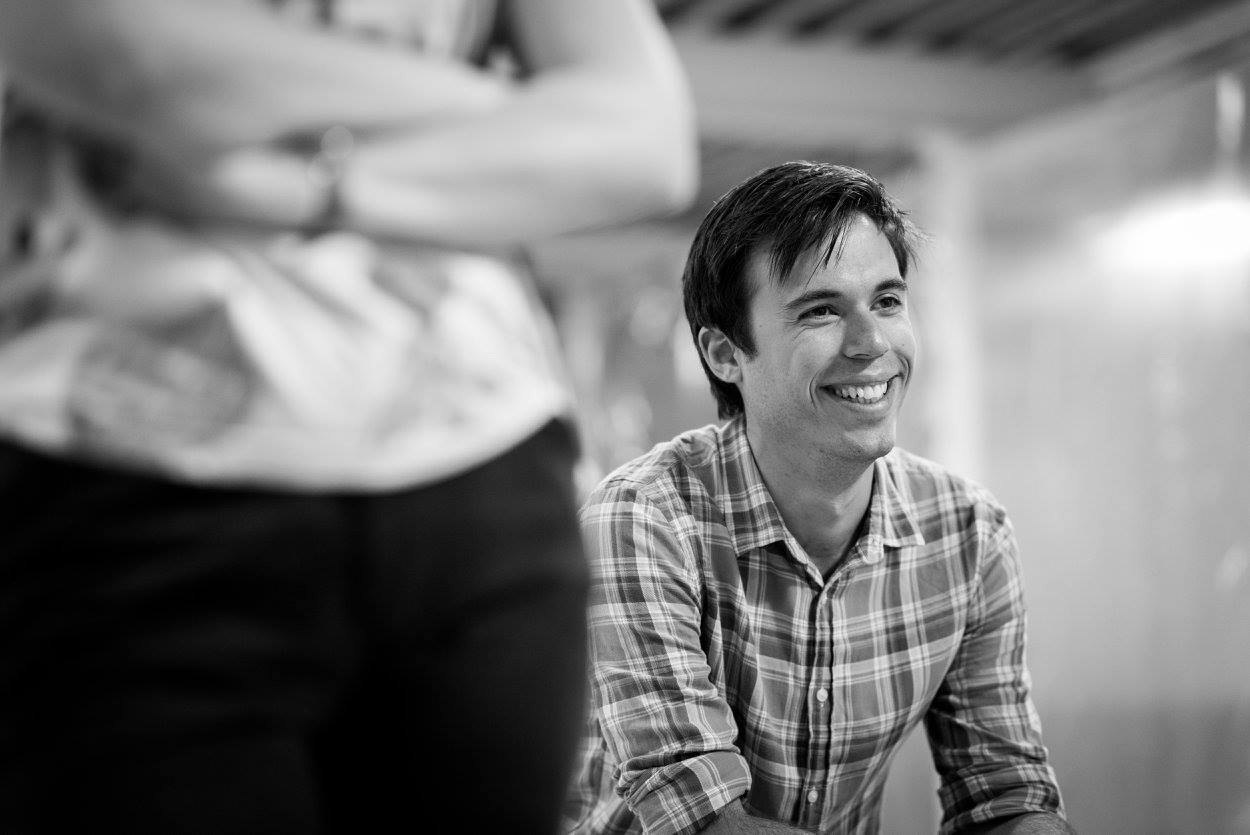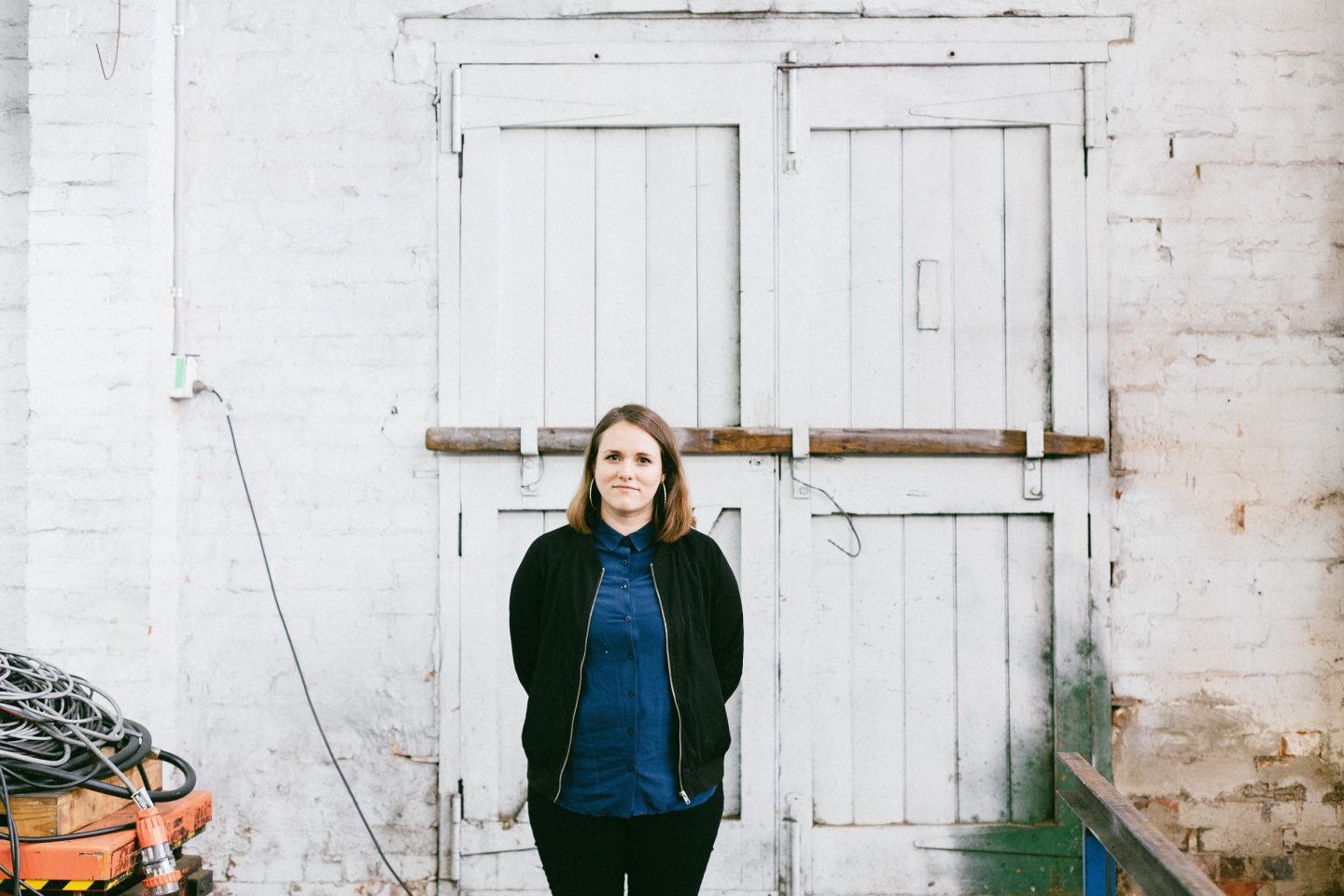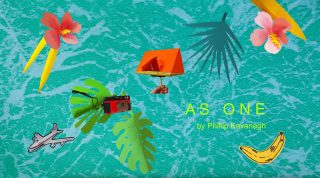
Walter Marsh
Walter is a writer and editor living on Kaurna Country.

Writer-director team Phillip Kavanagh and Nescha Jelk are set to follow their acclaimed 2016 Adelaide Festival show Deluge with a new play that embraces a medium that has come to define many of our interactions in recent months: the video call.
“Nescha and I were supposed to be doing a creative development in mid-to- late March,” Kavanagh tells The Adelaide Review. “We were going be testing Rumpus out as a potential theatre space, we had a cast on board, and a design team good to go when all this started happening.”
With in-person workshops off the table Kavanagh returned to Sydney to lockdown with his partner, but an opportunity to evolve the work, titled As One, for their new reality soon presented itself. “It ended up being a test of Zoom meetings as a [performance] space,” he says. “We said, ‘well we’re here, what if this was where we staged the play?’”
From lag-induced stop-start conversations to the in-your-face-yet-impersonal feeling of engaging with multiple people via webcam, navigating the unique pitfalls of the video meeting is a far more universal experience than it was just three months ago. Unsurprisingly, As One’s production was not immune.
“One of the [challenging] things has been trying to create the feeling that you’re in a scene with other people; how do you engage, energy-wise, with someone who’s not in the same space, so that for people watching it feels like they are?
“And also how to create a sense of connection with an audience – because the physical presence of bodies and breath in the space is so crucial to the experience of going to the theatre.”
Early experiments that involved audience members sitting in as Zoom meeting spectators with webcams muted proved lacking. “What was lost was a sense of communal experience,” he says of their early tests. Instead, viewers will be able to view the play’s limited online season via Facebook Live, with each of the performers appearing from their respective homes.
“The real-time comments from people watching it, the reaction emojis, there was something about [Facebok Live] that approached the sense of communal gathering of theatre, so we wanted to give people the space to respond to the work together.”

A theme of communities and connections is particularly relevant to a play Kavanagh says is “about the competing ‘tribes’ we belong to, how that shapes our moral identity and how we deal with competing ethical quandaries”. “It felt really pronounced right now – it was strange how everything I’d written felt like it was being put through the lens of the pandemic in a strange way,” he explains.
While Kavanagh would like to one day see As One performed on a stage, he hopes that as the arts world returns to some semblance of normalcy, we don’t completely forget what we’ve picked up during the last few months of COVID-19 adaptation.
“When we’re able to return to a physical space, and are able to touch, share breath and make eye contact and all those things we crave in live theatre, hopefully we don’t lose the lessons about accessibility we’ve learned in this period,” he says. “The cost and physical access barriers are kind of removed in this online form, and there is something to hold onto in terms of how we make theatre accessible for people who have struggled in the past.”
This is something Kavanagh experienced firsthand, when a YouTube exercise tutorial-based injury left him unable to stand or walk. “I had a back injury that happened really early in rehearsals while exercising at home,” he says. “I was going really hard – because the video playing on my laptop was telling me to. ‘Work through the pain!’ it said, and I’m like, ‘okay, it feels pretty bad but I’ll do what you say’.
“So pretty much the entire rehearsal period I was horizontal on the couch in Sydney working with a bunch of theatre artists in Adelaide – that wouldn’t have been possible otherwise.”
With As One to be performed three times from 5 – 7 June, Kavanagh and Jelk will also have to contend with another kind of connection that most theatre performances never have to the think about: Australian broadband.
“The biggest terror for me is that the internet will drop out while it’s happening live,” he says. “But that’s the magic of live theatre!”


Walter is a writer and editor living on Kaurna Country.